QuestionGood day. I have a beautiful 10yr old Husky-Malamute cross who I love very much. Unfortunately he has just been diagnosed with a canccerous tumor in his mouth and lower jaw. The vet has suggested removing his lower jaw but knows of only one other case where the dog survived for another year. The alternative is for him to not undergo surgery and assess how fast the cancer spreads. It appears that it may be an aggressive form of cancer, so his chances are not very good. I am between a rock and a hard place as I don't want him to suffer unecessarily if he undergoes the surgery then passes away soon after or if I choose for him to not have the surgery and he then starts suffering. What is the average life of huskies/ malamutes and can you offer any advice in this regard please?
AnswerThis is a tough one and really something that is your personal decision with the information gathered from your vet. Siberian Husky lifespan is usually 10-14 years, with of course 20 year olds running around acting like their normal goofy selves with a touch of arthritis. Malamutes, being larger, have a slightly shorter lifespan, around 8-12 in most cases. In both cases though, there are usually pretty resilient breeds and overall very healthy, so there are plenty of cases of these dogs surviving and thriving longer.
In your case, you dog is definitely in his senior years, but that's not to say that 10 is ancient either. It sounds like a tough surgery, and keeping in mind that the quality of life for your dog is the highest concern, it's not an easy decision. In any case like this, my preference would be to weight the risks of the surgery, the best case of the surgery, the worst case of the surgery, and alternative treatments without the surgery (often in the form of maintaining functionality, or minimizing pain). And then decide based on chances of each. If having the surgery means maybe one more year, and not having it means 6 months, and the surgery equals higher pain, but not having it allows the pain to be medicated - I would go with the a good 6 months more than a bad year. But talk with your vet and I hope that helps some.

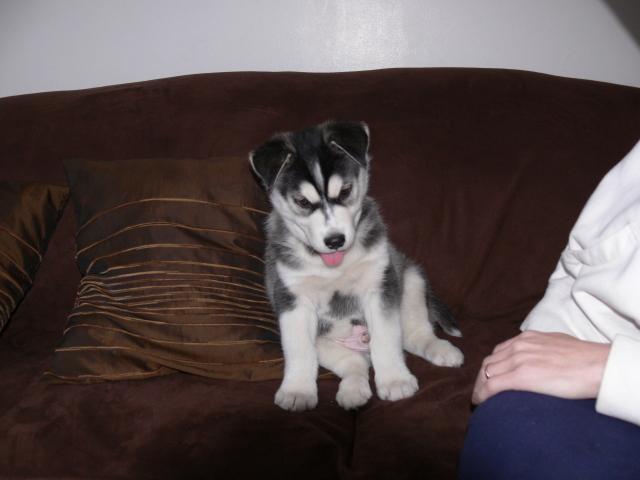 Husky Puppy Weight
Question
Zeus The Puppy
Hi we got Zeus at 6 1/2 weeks o
Husky Puppy Weight
Question
Zeus The Puppy
Hi we got Zeus at 6 1/2 weeks o
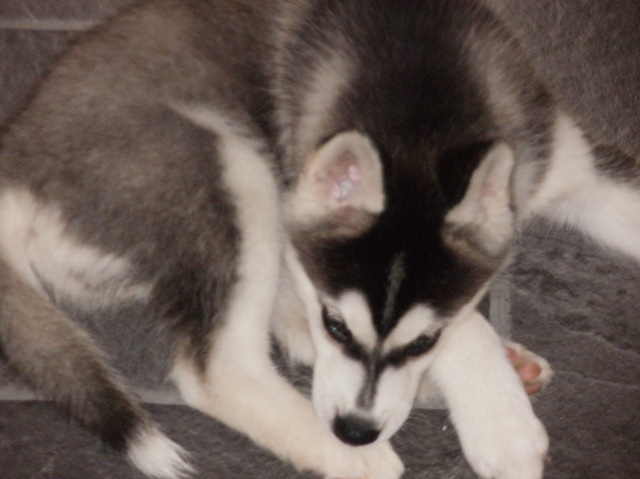 Bath Time
Question
Keiko
Hi we have a 14 week old Siberian named
Bath Time
Question
Keiko
Hi we have a 14 week old Siberian named
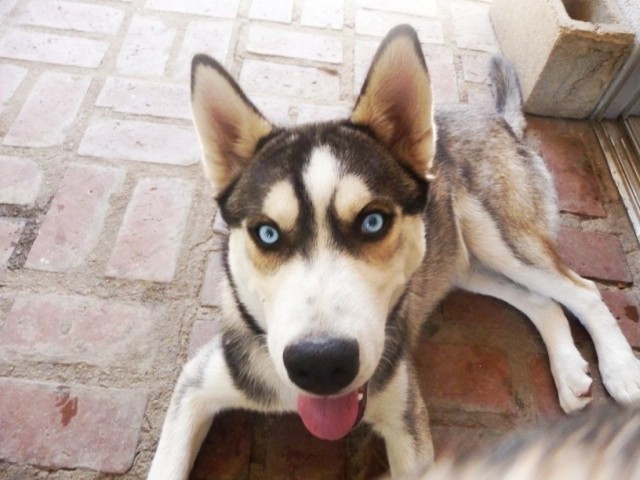 Husky Color
Question
Orion
Hi I have a beautiful 6 months old husky
Husky Color
Question
Orion
Hi I have a beautiful 6 months old husky
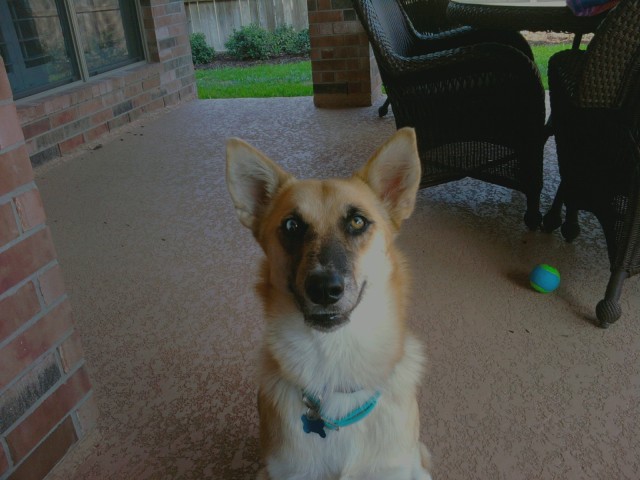 Wondering if my rescued husky mix is not a mix
Question
Ace
I adopted a 7 month old rescue abou
Wondering if my rescued husky mix is not a mix
Question
Ace
I adopted a 7 month old rescue abou
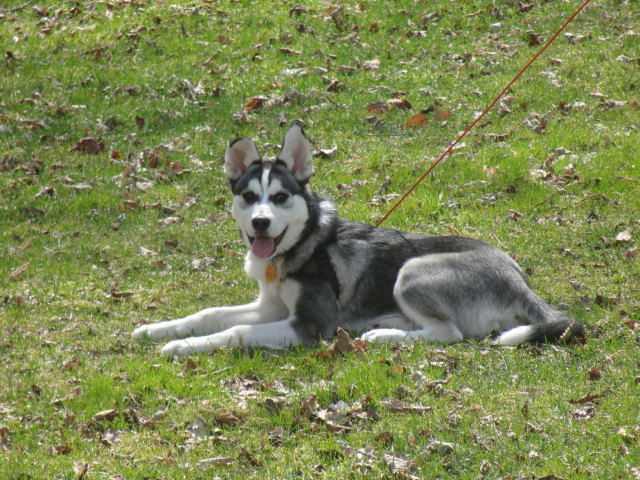 My 4 mo. old puppy
Question
Arkkan 4mo.old
I recently brought home my Sibe
My 4 mo. old puppy
Question
Arkkan 4mo.old
I recently brought home my Sibe